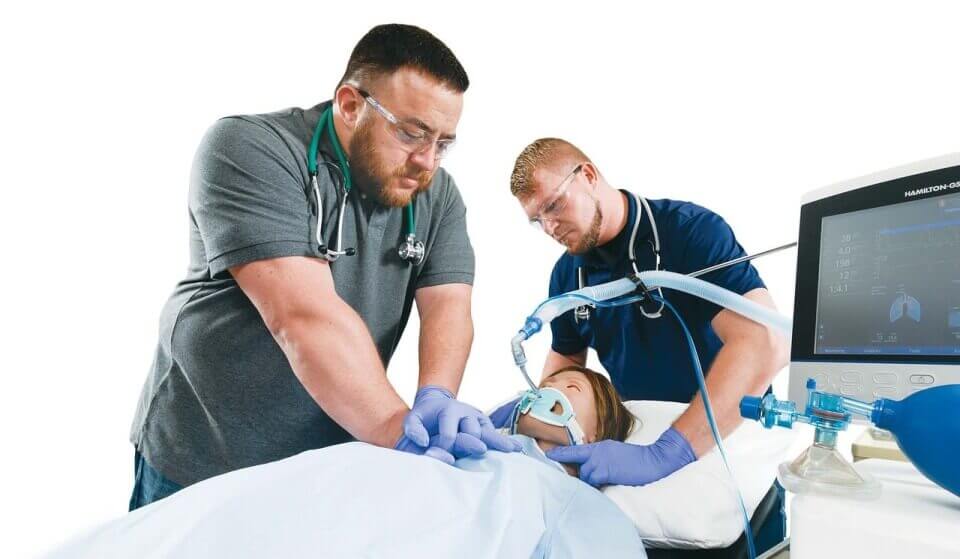9 Things Your Insurance Probably Does Not Cover
Growing up, the idea of insurance was fairly simple. You pay a fee now so, incase things go wrong later, you have a guarantee of financial help.
Health insurance is one of those things that has completely upturned this logic, now that I’m an adult and can see the nuances. And, as an adult, insurance has not become any easier to understand. In fact, some of the things health insurance does and does not offer boggles my mind.
Here are 9 weird things your insurance probably does not cover!
Table of Contents
Chiropractic Care
To be fair, most insurances do actually offer coverage for chiropractic visits—to a limited extent. Obviously, you will have to opt for an in-market chiropractor. However, these limits will be drastically limited compared to how often you might see a physical therapist.
Addiction Treatment
Addiction treatment programs or psychological treatment can run into the thousands of dollars, regardless of whether you are looking for partial hospitalization, in-patient, or out-patient treatment. You can expect to pay some out-of-pocket costs regardless of coverage. Sometimes, things like FOOD aren’t covered by your insurance, even if your insurance covers your larger stay at the facility.
Nursing Homes
Nursing homes are qualified to receive recompense through Medicaid, but they are probably not covered under your health insurance plan unless it is very robust or expensive.
Short-term residency in a skilled nursing facility, however, is more likely to be covered. For instance, if you sustain an injury that leaves you unable to care for yourself properly, you may be eligible for a short term residency in a care facility.
Home Care
Likewise, if you required skilled nursing services for a short period in the home, some insurances will cover these services. Usually, your insurance will stipulate that you visited the hospital first, and they need assurance from the doctors, nurses, and your medical staff that they have a plan for moving you out of treatment efficiently.
Still, you can expect to pay some out of pocket costs in some cases. The extent of your contribution, of course, depends on the quality of your specific health insurance plan.
Acupuncture
Acupuncture has been recognized worldwide as an effective healing and regenerative process for tons of people. Acupuncture also has a storied history in many cultures.
However, most insurances do not share the same perspective on acupuncture, and most other alternative remedies as such.
Dental, Vision, Hearing
For most of us laypeople, we would associate the health of our mouths, eyes, and ears as integral to our overall health. However, insurance companies seem to disagree. In fact, most health insurance plans will require you to find your own insurance plans to cover these things separately.
That can quickly add up!
Some Preventative Care
Despite preventative care being the ideal touchstone most healthcare providers point to as the ideal healthcare system, insurance companies have not quite caught up yet.
Preventative care is a very large topic, however, so it’s easy to see why insurance companies might not want to be caught up in the nuances of distinguishing between what is preventative care, what is just a healthy lifestyle, and what incentives insurance has to participate in covering either of those in the first place.
For example, exercising can be seem as preventative OR palliative care. Should your insurance cover a gym membership because people who lift live longer?
What about a breast cancer survivor at risk of a flare up and is advised to exercise as a preventative measure?
Hypnosis
Some people consider hypnosis to be an invaluable and effective psychological tool. Most notably, hypnosis has been used in treatment of post-traumatic stress disorder and has even helped people quit smoking.
This is incredible: after having an established an incredibly addictive habit over the course of years, some people have found hypnosis to be an effective means of purging it. That’s so cool!
But insurance is not as receptive to these peoples’ experiences. And, in all fairness, the science on the efficacy of hypnosis and whether it is just a pronounced placebo effect are debatable.
Cosmetic Surgery
Okay, maybe this one seems like a no brainer. However, you should know that a lot of things you and I might consider to be a medical necessity are actually considered “leisures” by the majority of insurance companies.
For instances, some types of surgery that can actually improve your breathing or help keep your sinuses from flaring up with infection at the first thought of pollen are not covered.
However, to their credit, most insurance companies will help cover reconstructive breast surgery after a medical necessary mastectomy. If you opt for a mastectomy, however, that would likely not be covered.

